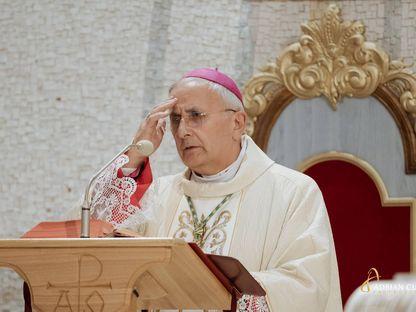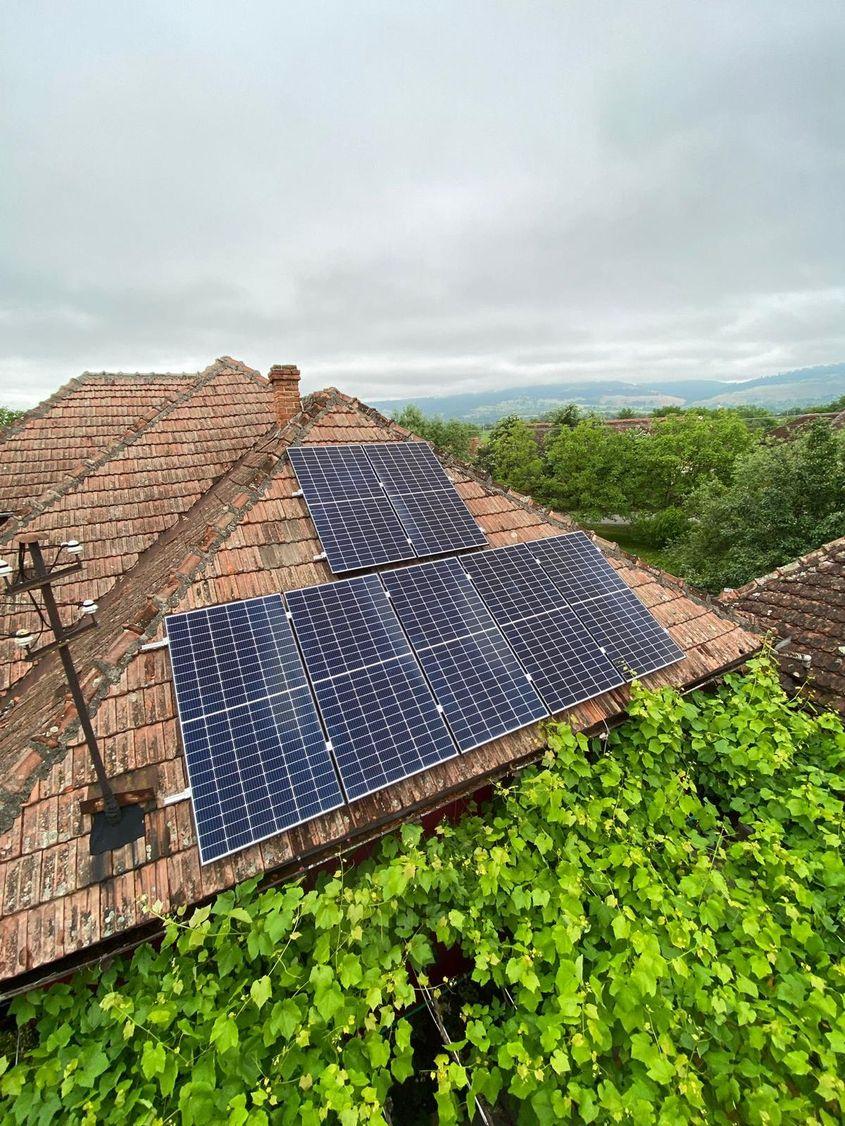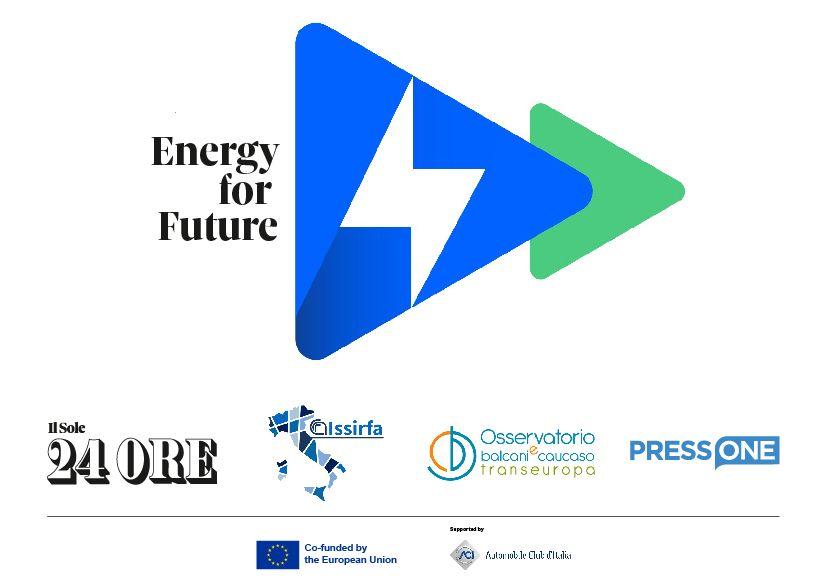Small communities in Romania are mostly energy vulnerable. Photo: Buteni / Arad County
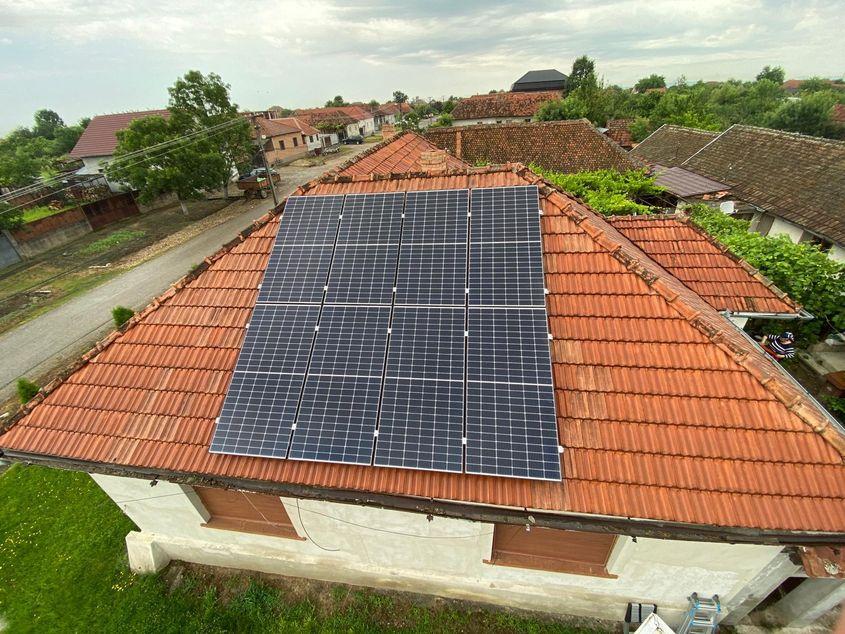
Small communities in Romania are mostly energy vulnerable. Photo: Buteni / Arad County
09/09/2024
Photovoltaics In the Rural Areas. How Pensioners From a Village in Arad Managed To Pay Lower Energy Bills
In a village in Arad, the community is taking concrete steps towards energy independence. Of the just over 3,000 inhabitants, more than 20% have photovoltaic panels for energy production, and the vast majority of applications submitted, many on behalf of elderly or vulnerable people, are subsequently approved.
However, even in a best practices example, local efforts for transitioning to green energy are hindered by the poor condition of the distribution network and the lack of modernization efforts from the Romanian government.
Buteni is about 80 km from Arad.
- In 2022, liberal mayor Mircea Braiți is forming a team with several colleagues from the town hall to submit, for interested locals, projects for financing through the "Photovoltaic Green House" program financed by the Environmental Fund Administration.
- Of the 120 applications submitted to the program, 107 receive funding.
- The following year, despite the fact that the application procedure for the program was changed, out of 135 dossiers registered, 103 received funding.
- Currently, more than 20% of households in Buteni have photovoltaic systems for energy production and the plan for the future is energy independence. To this end, the municipality has also obtained European funding for a photovoltaic park. In this way, total energy bill costs would drop by €70,000 a year, says Mayor Braiți.
- With the increasing number of prosumers in the village, the mayor argues that the distribution network would also need to be rehabilitated, as problems have already started to appear.
PressOne sought the perspective of a Romanian mayor of a small town on the Romanian energy system, at a time when distribution networks are dying, and a community's efforts inevitably come up against a wall that is often erected by the Romanian state itself.
PressOne: How did you end up enrolling projects in the "Photovoltaic Green House" program for the residents of Buteni village?
Mulți ne citesc, puțini ne susțin. Fără ajutorul tău, nu putem continua să scriem astfel de articole. Cu doar 5 euro pe lună ne poți ajuta mai mult decât crezi și poți face diferența chiar acum!
Mircea Braiți, village of Buteni, Arad: The idea came to me in 2020, when some colleagues from the town hall submitted projects for us, for our houses, working with a company from Oradea. I mean, they gave us the username and password and we joined the program.
Including you?
Including me, yes. I think the first year, the electricity bill was reduced by about 50%. After that we learned how and when to use energy, we became a bit more efficient, we use more electricity during the day when it's sunny.
After seeing that the situation is quite favorable and we can receive 4,000 euros from the Romanian government through the Environmental Fund, my colleagues and I decided to do some volunteer work, to try to gather the necessary documents and submit applications for the locals. They don't have the necessary information and don't really know how to manage the paperwork.
We put together a team of about six or six people, the youngest and from project implementation. That's how we collected 119 files from the Buteni village.
Predator in Robes: The Diocese of Iași and the Vatican Buried a Sexual Assault Committed by a Catholic Priest Against a Minor in Bacău, Failing to Alert Prosecutors
A Roman Catholic priest abused a 13-year-old girl in the parish where he served in Bacău County: the bishop of Iași knew about it, sent the case to the Vatican, and applied canonical sanctions, but did not notify the authorities, who only intervened later and sentenced him to prison.
In 2023 the procedure changed a little bit and it was no longer with the username of the company that was installing, but it was on a "first come, first served" basis. We collected about 135 files again, and then we had to figure out how to get them registered.
We formed a larger team, with all the employees of the town hall who knew how to work with computers, with the teachers from the school in Buteni, friends of every colleague in the town hall, we also co-opted young people from the TNL and the pupils from the 7th and 8th grade and we made about 80 files out of 135, as the others were made by them on their own. But in the meantime, we also made a WhatsApp group with all of them, where we held training on how to become very fast at entering the dossier in the program. We ended up optimizing our time under 3 minutes and we managed to enter about 103 files.
Of these, how many applications received funding?
Un newsletter pentru cititori curioși și inteligenți.
Sunt curios
103 have been approved in the last program, and 107 in the first stage in which we applied. In total, more than 200 applications, of which about 180 in Buteni, and the rest in the other villages nearby, because other municipalities in the area heard what we were doing and so we also submitted applications to them.
How has the idea of photovoltaic panels been received by the local residents?
At first they were a bit skeptical, because they didn't understand whether they produce energy or hot water. I told them that they produce electricity and that this would reduce their energy consumption. They started to understand and if they were more skeptical in the first round, in the second round, the 2023 round, we didn't cope. We stopped at 135, because we didn't have the people to put in every file.
Out of the slightly over 3,000 residents, more than 20% have photovoltaic panels for energy production.
What percentage of households in the village currently have photovoltaic systems?
Around 20% in the whole village. In the village of Buteni, where we live, the percentage is higher. And maybe we could have achieved even more, but there are locals without property deeds on their houses.
In the context where you've mentioned families without property documents, how many households in Buteni are vulnerable to energy bills?
We have an area of vulnerable families, who are a few poorer and they don't even have deeds on their houses, because they were built on land that they don't own. And that's where we failed to come up with projects in the past stages. Instead, panels have been installed on the houses of pensioners, who are happy that their energy bills have gone down.
Do you think such projects really help families at risk of energy poverty?
Yes, it certainly helps. And if the Government decides that the next round of funding will also be for storage, that would be great. Then we could really say that the projects are helping.
How do you rate the support given by the government or other central authorities to municipalities, such as Buteni, to attract funds for investments in green energy production?
In recent years I would give them a passing grade for measures in the area of photovoltaic funds and maybe in the area of hydro. I would not give them a pass mark on geothermal, because there is huge potential on geothermal in the West.
In fact, I have also made addresses and it is a pity that we are not given access to research into geothermal potential, because it is a very good energy source that works 24/7. In countries like Hungary or Germany, there is a very big focus on geothermal. Even if the investment costs are higher in the beginning than with photovoltaics, the investment pays back much faster than with photovoltaics, if you look at the medium term.
Why the interest in geothermal, are there underground springs in Buteni that could be tapped?
In the village there is 20-degree mesothermal water that we hope to research and exploit in the future. But in the Arad area there are many wells between 55 and 85 degrees.
To what extent do you think European funds have helped you develop green energy projects?
We even got a project to become energy independent. A 399 kWh project on 12 buildings and a photovoltaic park, financed by the Modernization Fund. We have estimated that we reduce our energy bill by about 70 thousand euros per year, which is quite a lot for a village like Buteni.
Where would the photovoltaic systems be installed and what would the energy they produce be used for?
They will be installed on all public administration buildings, i.e. the town hall, the cultural center, the sports hall, the sports base, all schools and kindergartens in the village, the tourist information center, the sewage station, the water tower with the pumping station and the public lighting will be converted into a photovoltaic park.
How prepared is the local distribution network to handle the energy produced by prosumers and the future photovoltaic park?
You asked me how I would rate the government. I would not give it a pass mark for the energy measures, but I would not give it a pass mark for the measures concerning the energy supplier's obligation to invest in power lines and transmission areas.
Pressure should be put on the distribution companies and the government to allocate more money for that and to redo the whole electricity distribution, because year on year the consumption is increasing very much.
You said that in the future Buteni could become energy independent. How reliable is this ideal in the current context of the distribution networks and the way they look and operate?
If we look at a medium time horizon, in which we hope that energy suppliers will invest in changing the networks, we can say that in the next 10-12 years we may become energy independent. Especially if the state will also support the energy communities through investments and allocation of financing measures. Because we can already consider ourselves an energy community.
What do you think Romania will look like in the next 10 years in terms of energy?
If there is no investment in the distribution grid or a greater focus on storage, Romania will probably put the brakes on renewables. Because you can no longer develop and you can no longer access funds if you're stuck at a certain power as a prosumer. If you don't have infrastructure and the whole street is full of prosumers, there will probably be a limitation of 3, 5, 10 kW, even though your consumption may be much higher.
Since the number of prosumers has increased, have there been any power outages in Buteni?
With 160 prosumers, there have been a few issues, but nothing too serious. So far, there aren't any major problems because the installed capacity doesn't endanger the power grid. But, honestly, I'm worried about the next 100-130 beneficiaries. If we manage to secure projects for them as well, I'm afraid the system won't be able to handle it. Especially since the municipality is also adding 399 kW through the photovoltaic park, and we're also planning a third round of the "Green House Photovoltaics" program, I'm concerned about potential voltage drops in the grid.
Is this an issue you've discussed with anyone?
We sent an informational notice to the distribution company about two years ago, stating that we already have 100 prosumers and plan to add another 100, so they should take measures to upgrade the power line.
And their response?
No response.
___
This article is published in the framework of the "Energy4Future" project co-funded by the European Union. The European Union is not responsible for the information and opinions expressed in the course of this project and article. The sole responsibility for the content lies with PressOne.
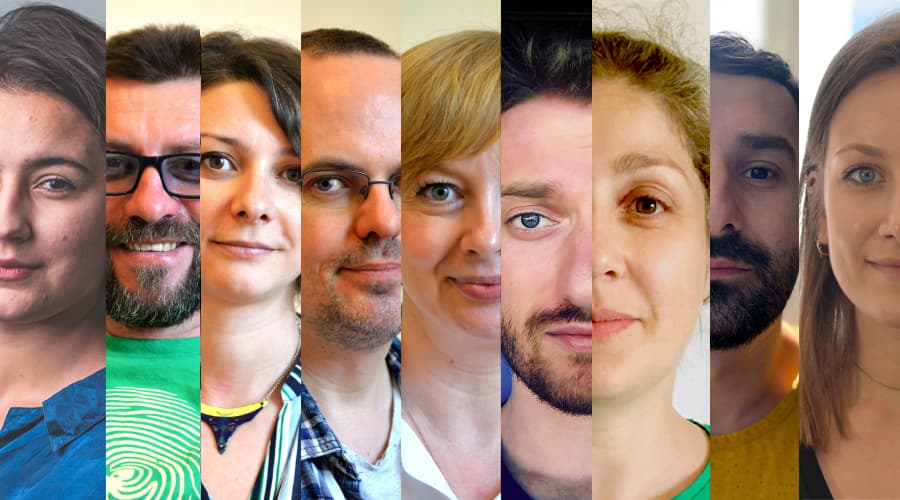
Avem nevoie de ajutorul tău!
Mulți ne citesc, puțini ne susțin. Asta e realitatea. Dar jurnalismul independent și de serviciu public nu se face cu aer, nici cu încurajări, și mai ales nici cu bani de la partide, politicieni sau industriile care creează dependență. Se face, în primul rând, cu bani de la cititori, adică de cei care sunt informați corect, cu mari eforturi, de puținii jurnaliști corecți care au mai rămas în România.
De aceea, este vital pentru noi să fim susținuți de cititorii noștri.
Dacă ne susții cu o sumă mică pe lună sau prin redirecționarea a 3.5% din impozitul tău pe venit, noi vom putea să-ți oferim în continuare jurnalism independent, onest, care merge în profunzime, să ne continuăm lupta contra corupției, plagiatelor, dezinformării, poluării, să facem reportaje imersive despre România reală și să scriem despre oamenii care o transformă în bine. Să dăm zgomotul la o parte și să-ți arătăm ce merită cu adevărat știut din ce se întâmplă în jur.
Ne poți ajuta chiar acum. Orice sumă contează, dar faptul că devii și rămâi abonat PressOne face toată diferența. Poți folosi direct caseta de mai jos sau accesa pagina Susține pentru alte modalități în care ne poți sprijini.
Vrei să ne ajuți? Orice sumă contează.
Share this


